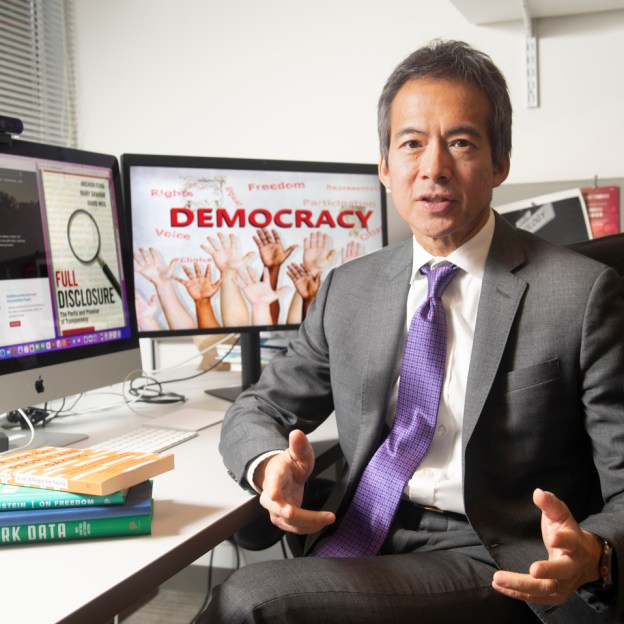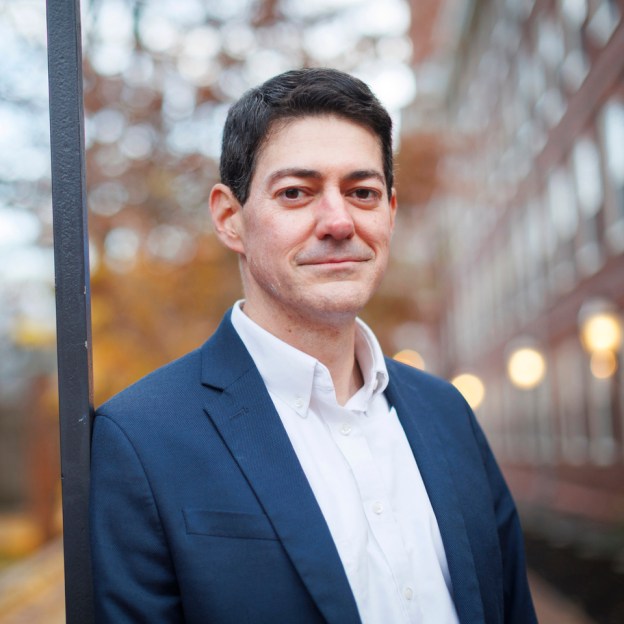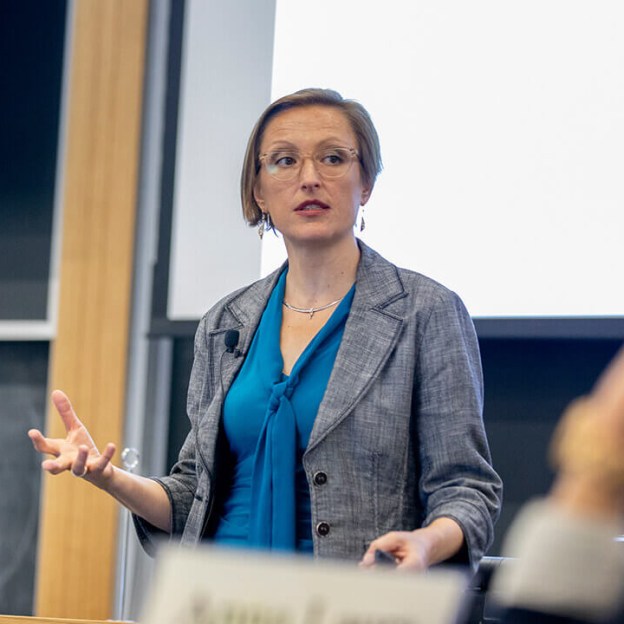Dialogue Across Differences
Dialogue Across Differences
The Harvard community is exploring what civil discourse is, why it’s important, and how we can foster it.
Starting the conversation
It’s important to distinguish between two senses of civility.The first is a superficial kind of civility—being nice, refraining from insults.
The second is a deeper, more important sense of civility that is about behaving in ways that are necessary for cooperative projects such as schools and democratic societies to work well.”
Archon Fung, Harvard Kennedy School professor

In a polarized society like ours, campuses are essential places to train and practice civility.”Eric Beerbohm, Harvard Faculty of Arts and Sciences’ senior adviser for civil discourse

A pernicious problem confronting virtually all human societies is people’s unwillingness to engage with views and opinions they do not share.”Julia Minson, associate professor at Harvard Kennedy School

Photo courtesy of Jessica Scranton
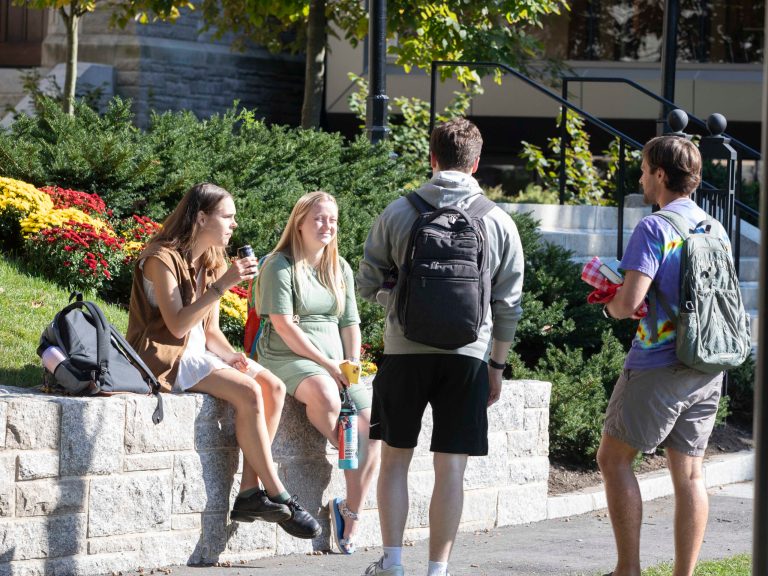

As part of a commitment to open dialogue on campus and off, Harvard will hold a series of events, including the Summit on Intellectual Vitality and Free Expression and “Leading When It’s Difficult” with U.S. Sen. Mitt Romney, designed to model productive dialogue. The University-wide programming is part of a broader initiative to address how the campus community can communicate more openly and constructively within classrooms and in the broader world.
Across the aisle
The ability to disagree constructively and across difference is important for learning and working together effectively, as well as being vital for democracy.
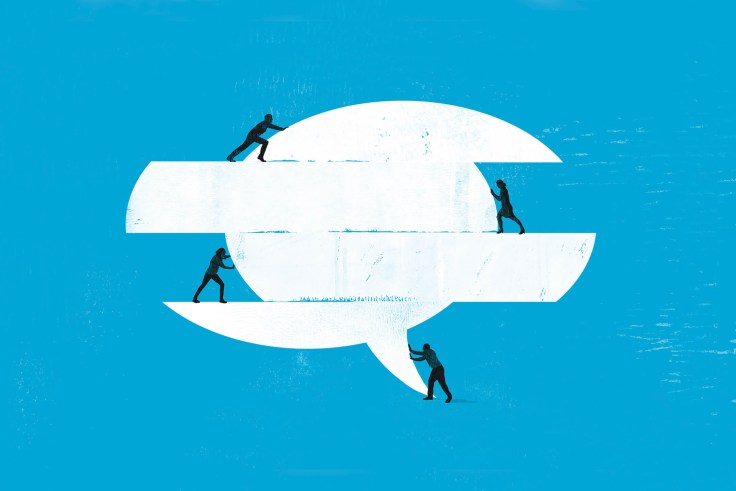
Candid and constructive conversations
Explore how Harvard Kennedy School is creating strategies to engage with competing perspectives, talk with those with whom we disagree, and ensure that all members of the community feel heard and respected.
Candid and constructive conversations- Harvard International Review
Why is civil political discourse important for democracy?
- Harvard Business School
How does Wikipedia keep political discourse from turning ugly?
- Harvard Business School
How can leaders find unity during challenging times?
- Harvard Kennedy School
Can politicians learn to disagree better?
- Harvard Gazette
Should we be worried about the rising heat of political discourse? Yes.
Starting early
Teaching children and teens how to have constructive, respectful conversations aimed at fostering understanding is foundational for a robust future and a healthy society.
Explore six tips for parents and family members to support teens in building and practicing skills that are fundamental to having productive conversations across different points of view.
Raising children in a digital age makes it essential for parents to help them process and think critically about the messages they encounter online, and to consider the impact that their own words and actions can have on others.
Discourse in action
This Civil Disagreement series is a collaboration among five institutes committed to reducing polarization by teaching students how to connect across political difference.
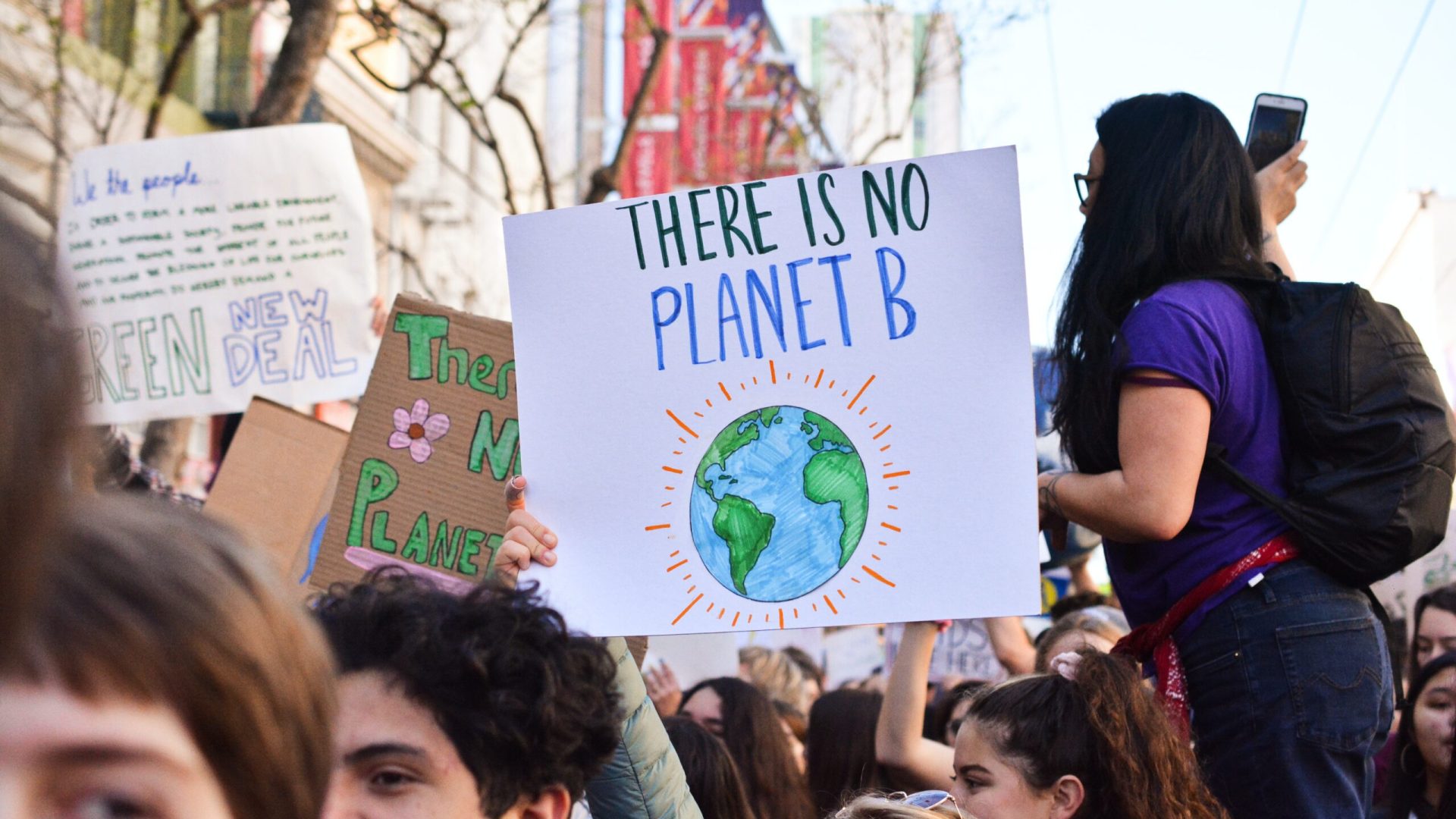
Civil disagreement
Through this series, the Harvard’s Edmond & Lily Safra Center for Ethics has explored immigration, guns in America, policing in America, and reproduction and abortion.
You may also like
